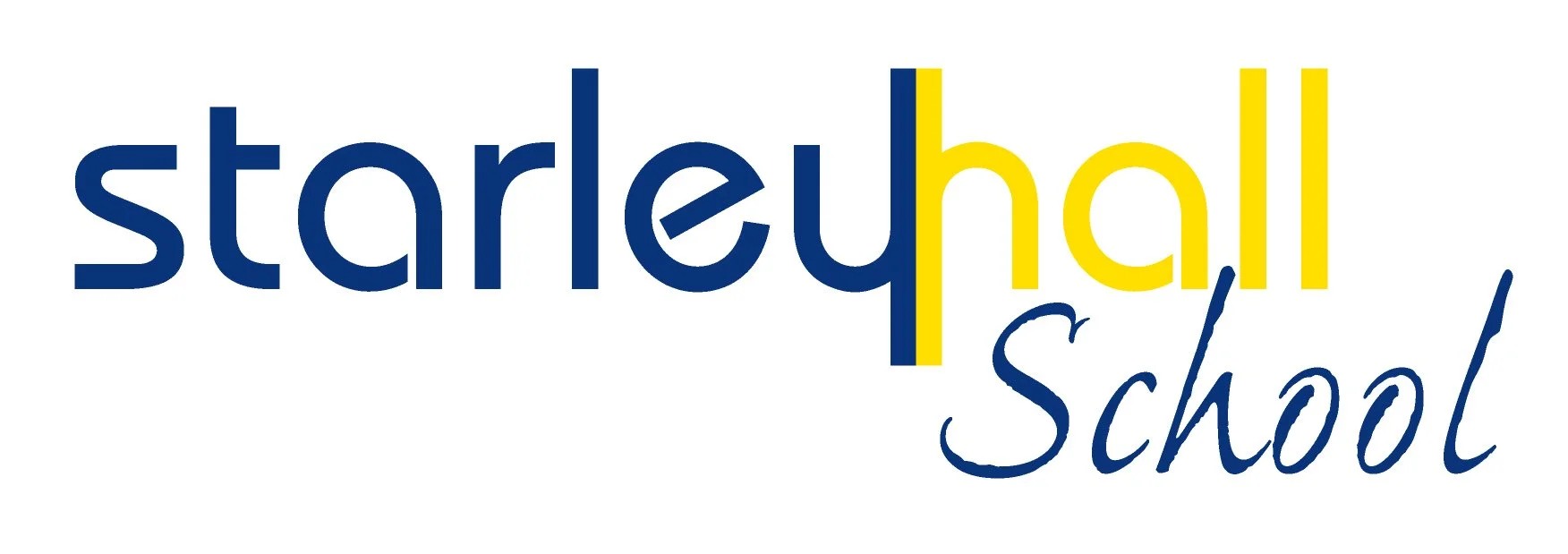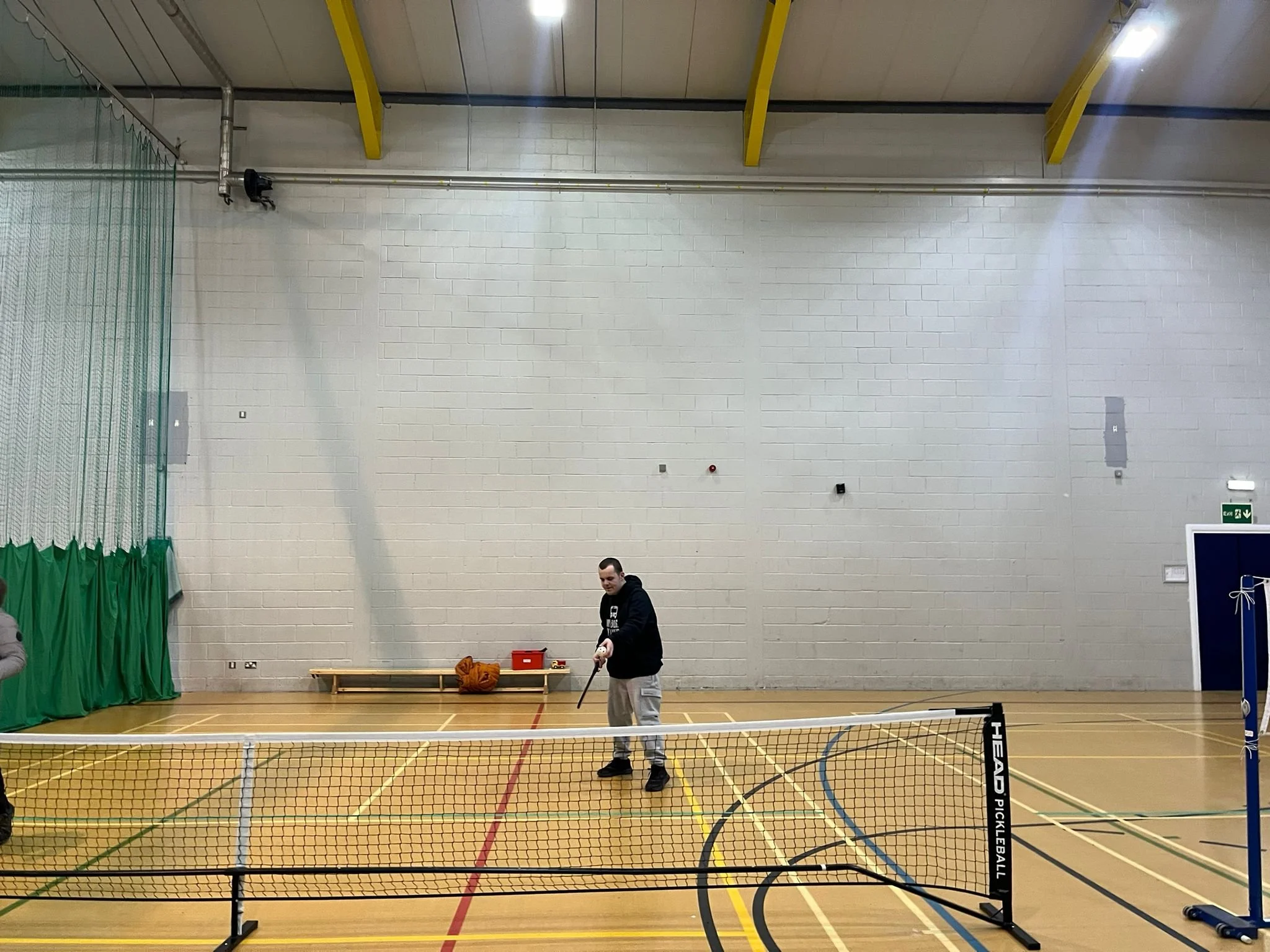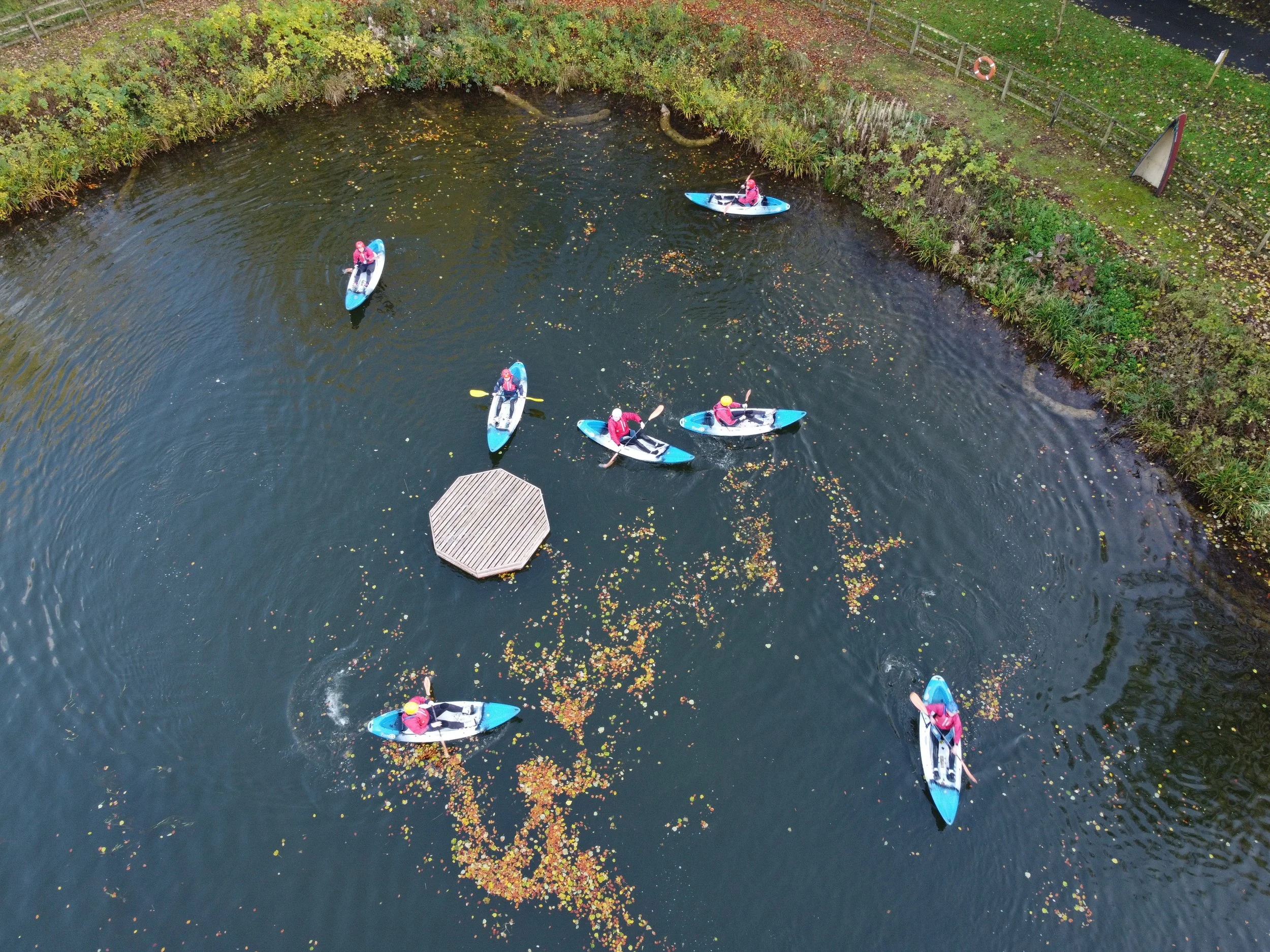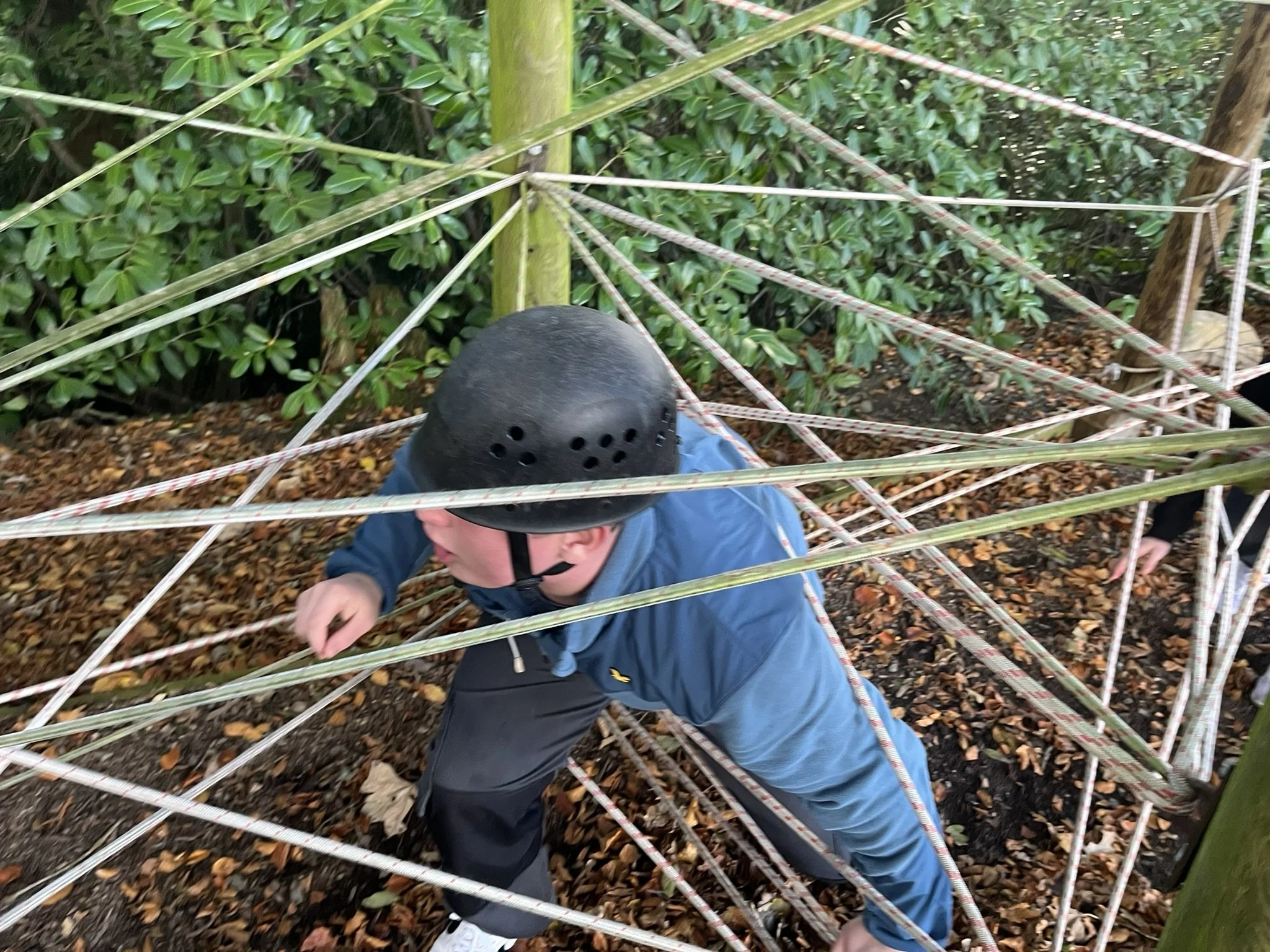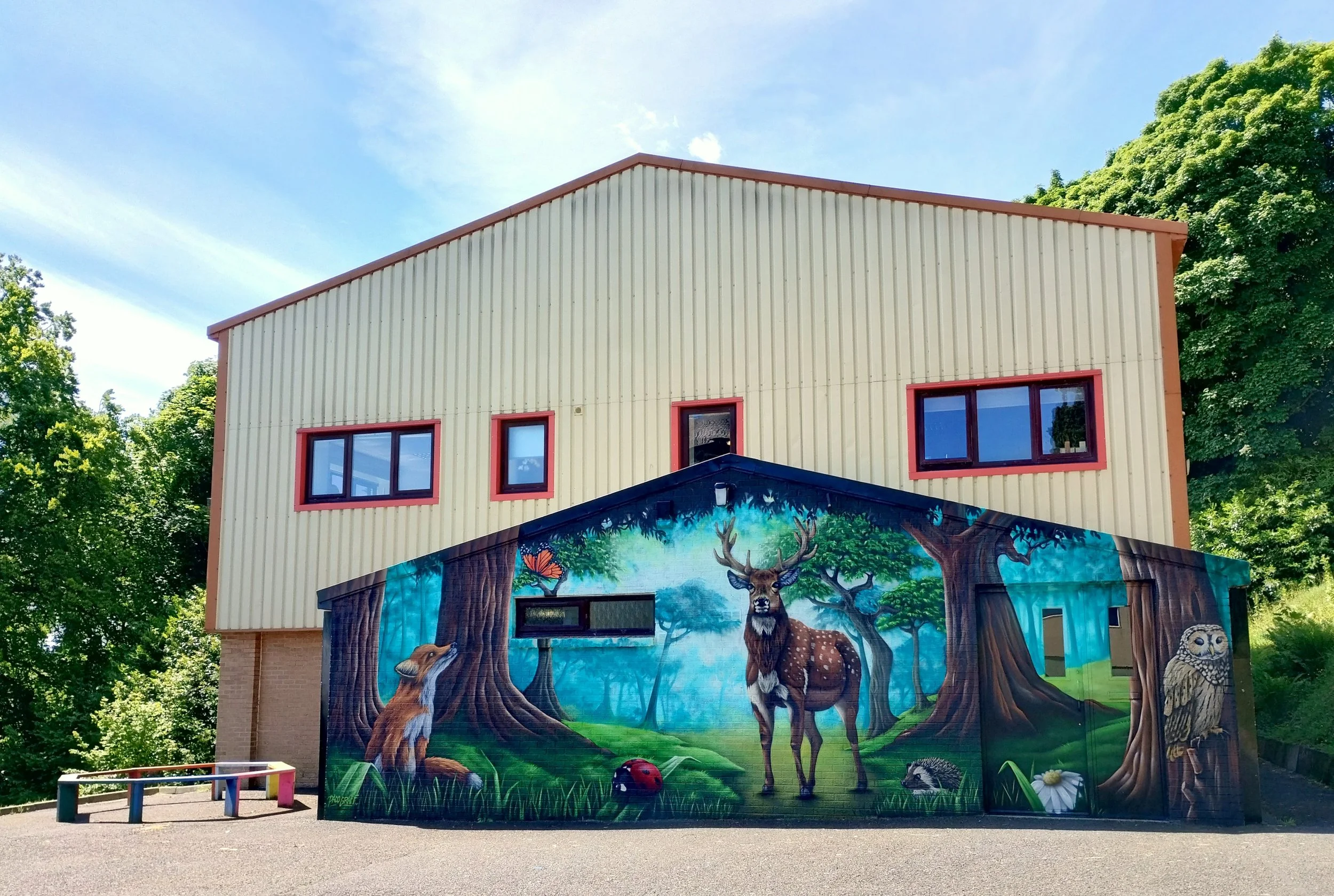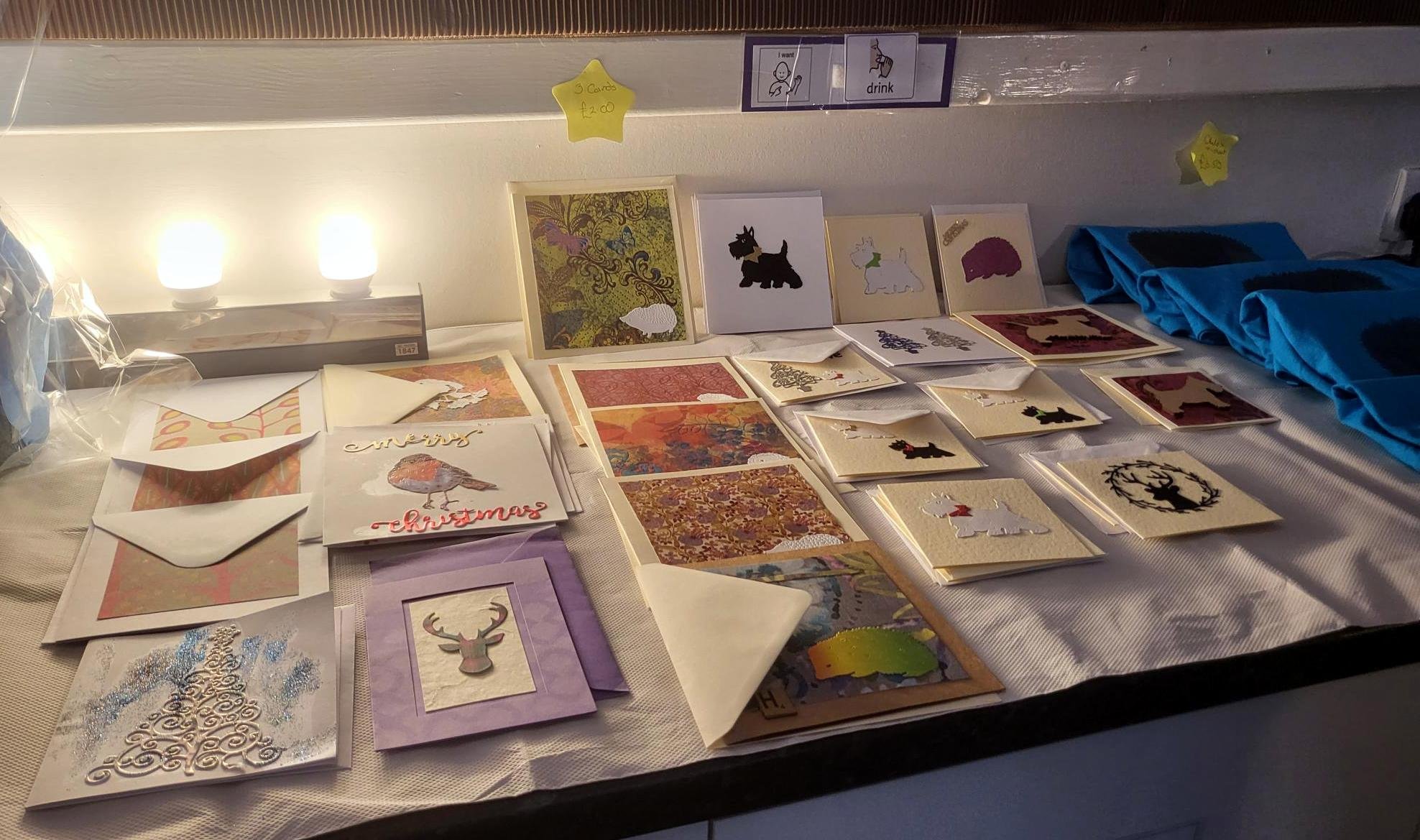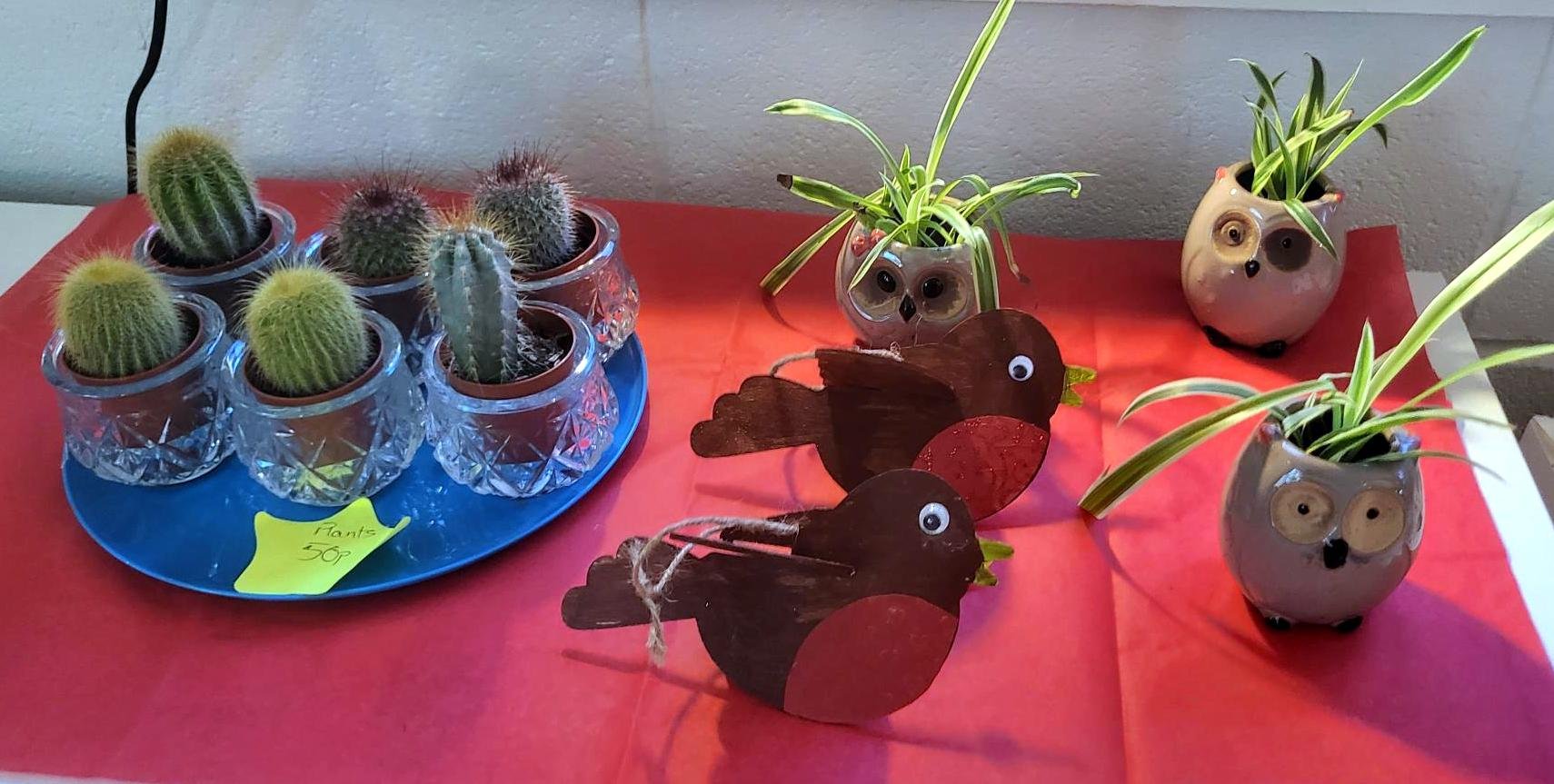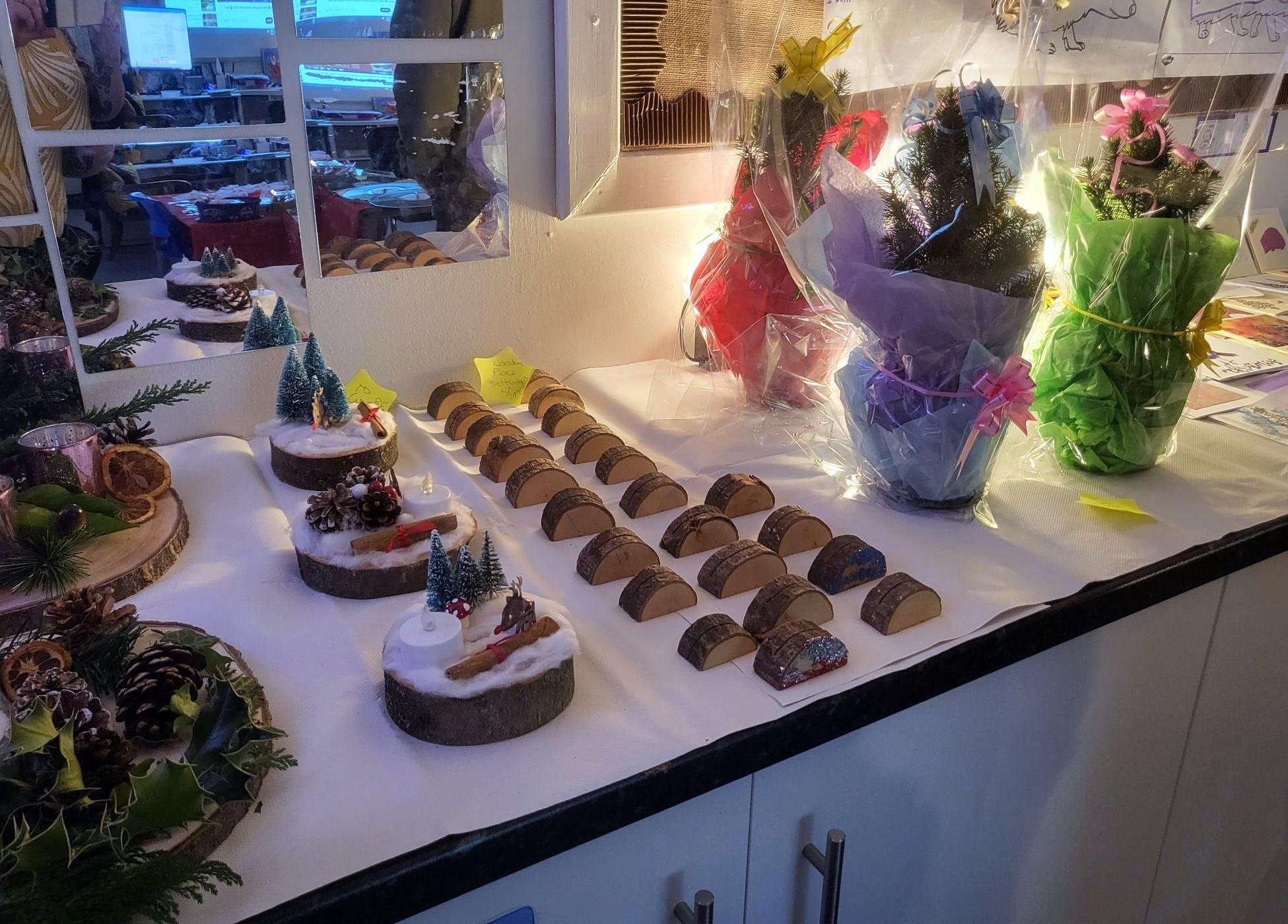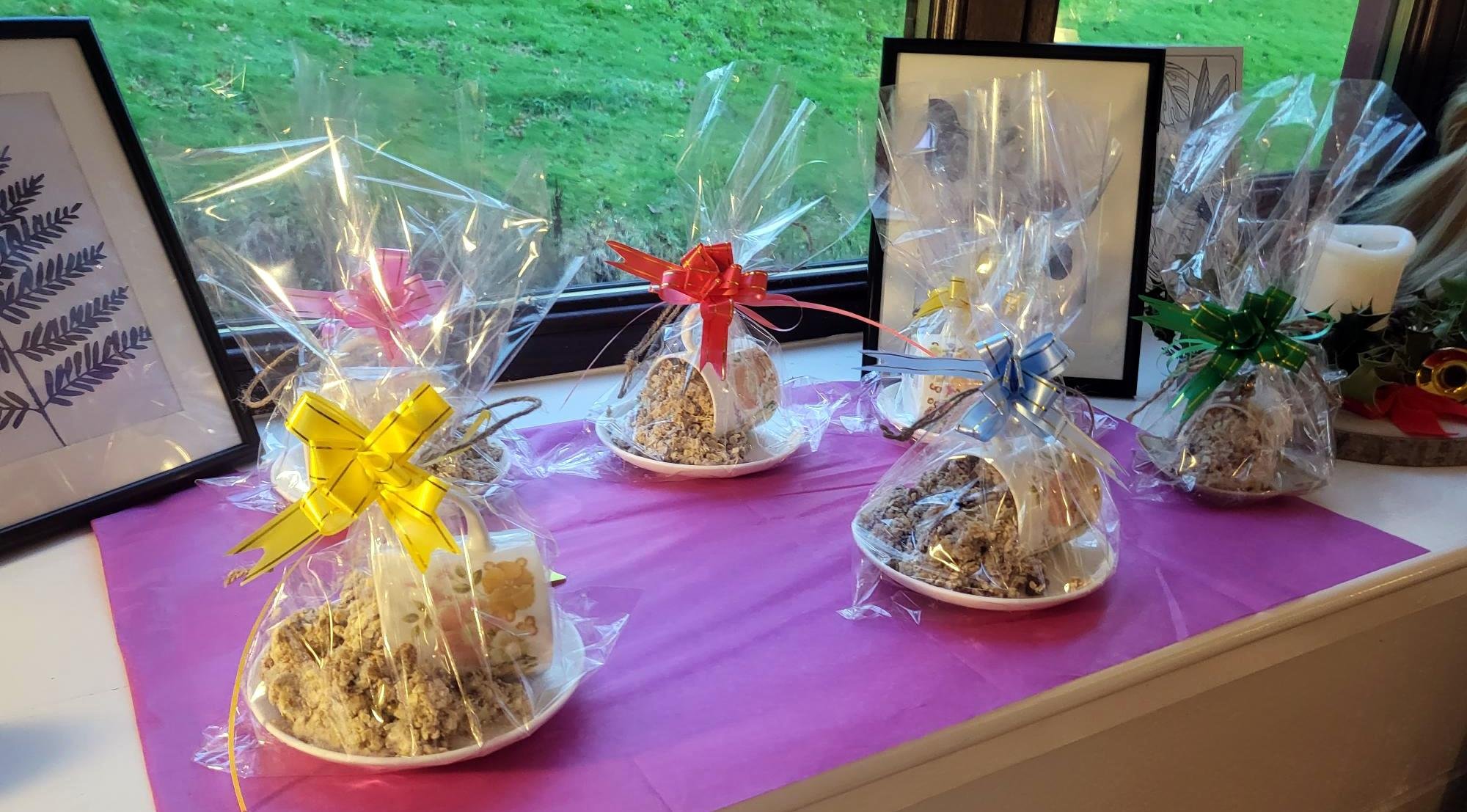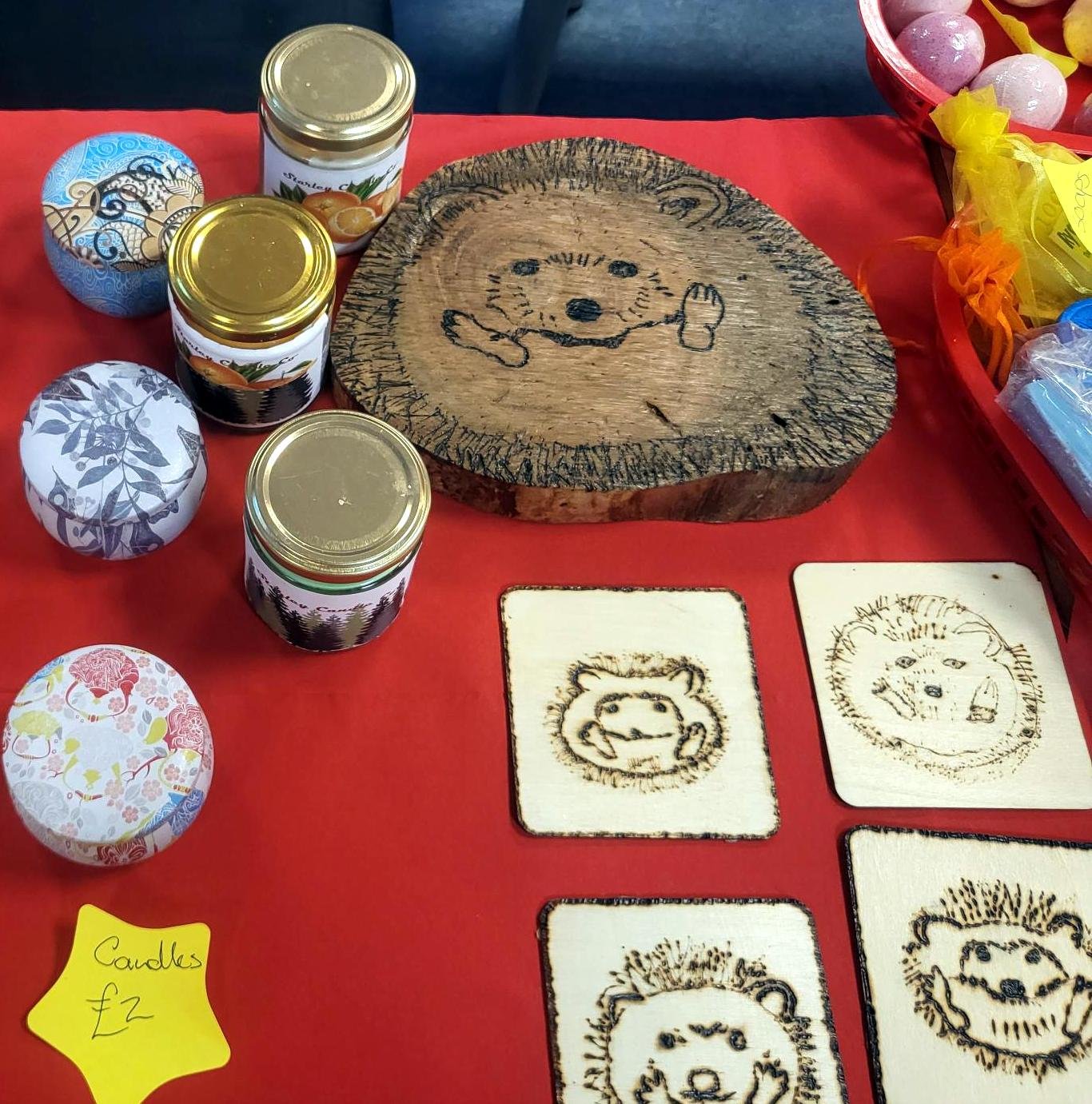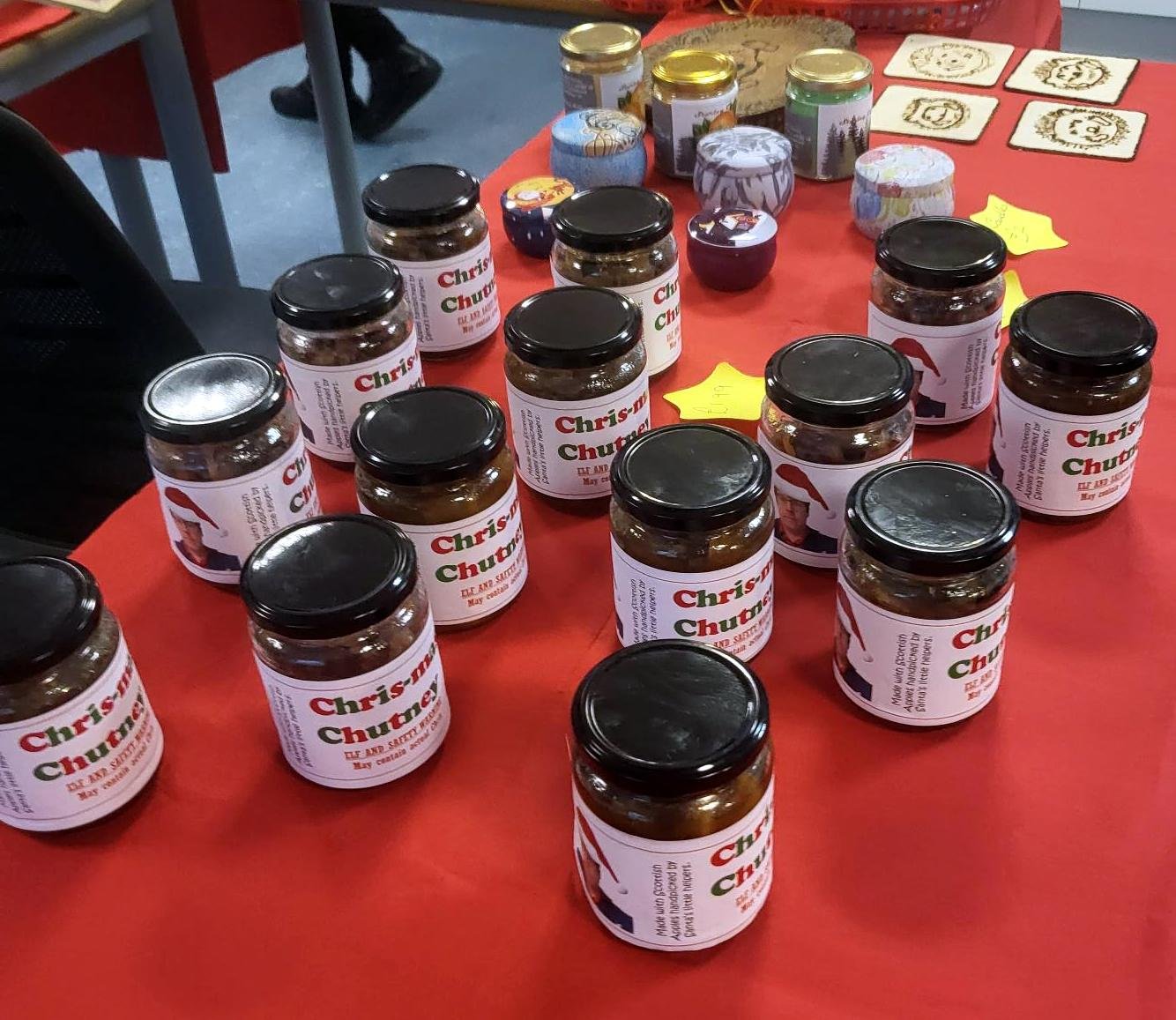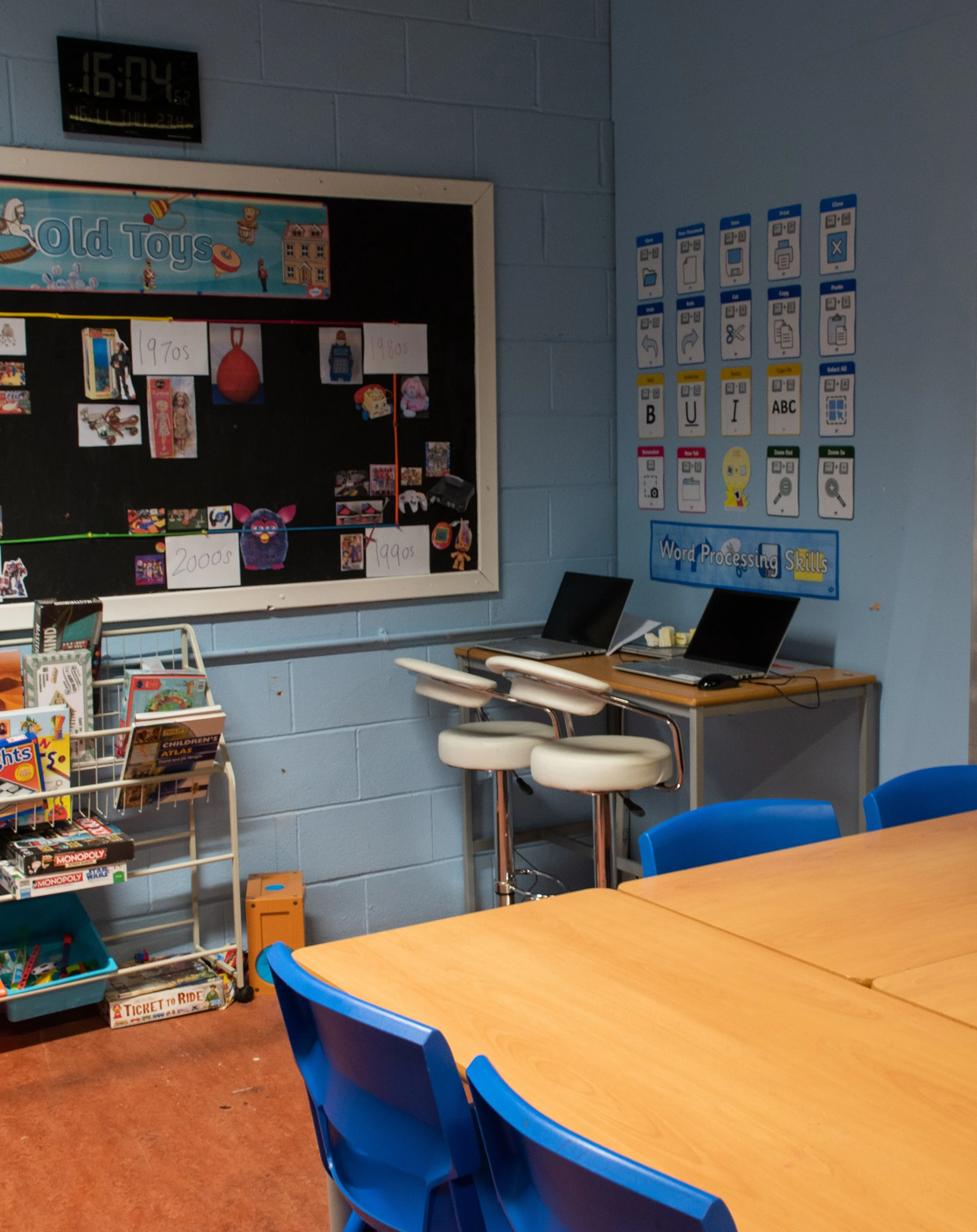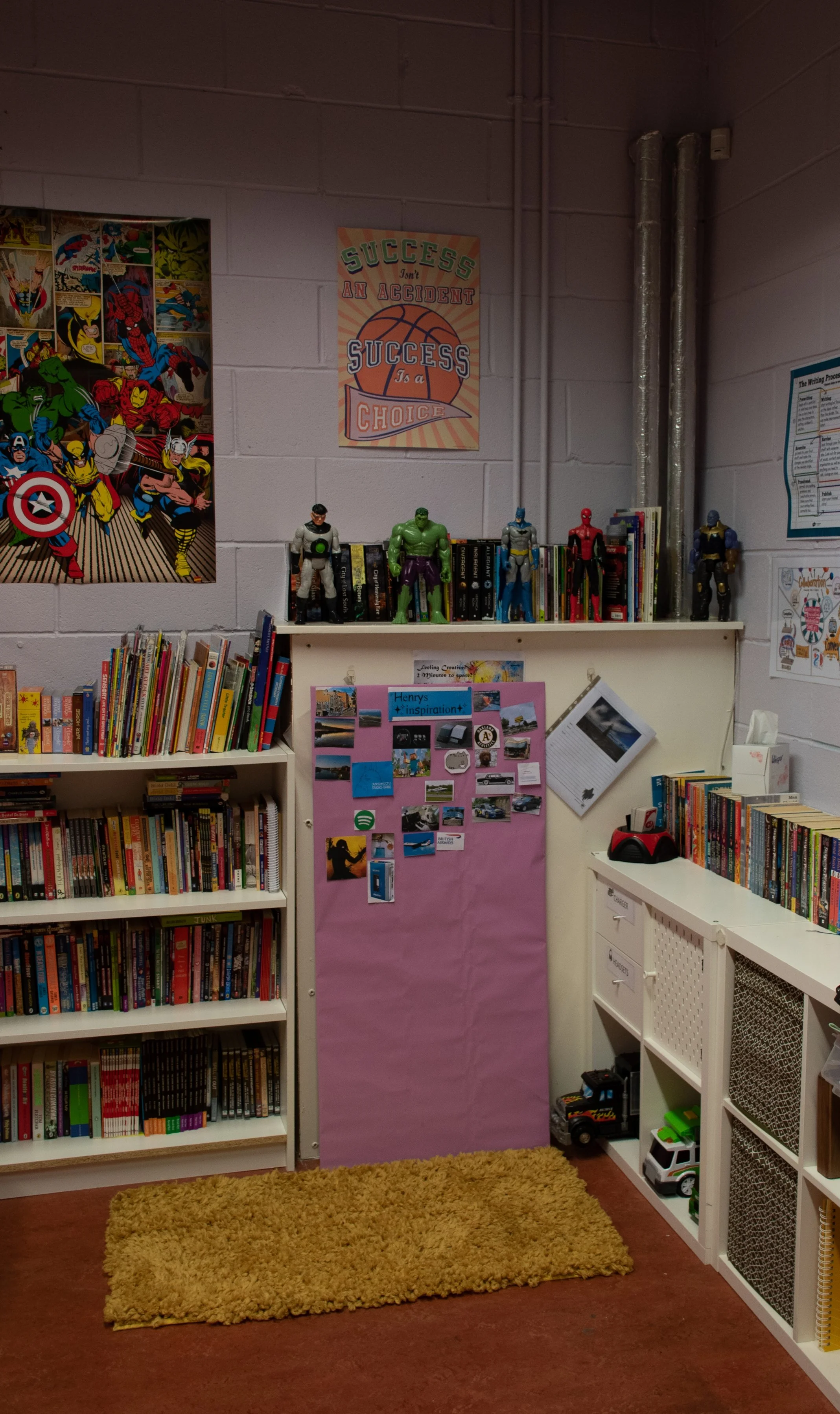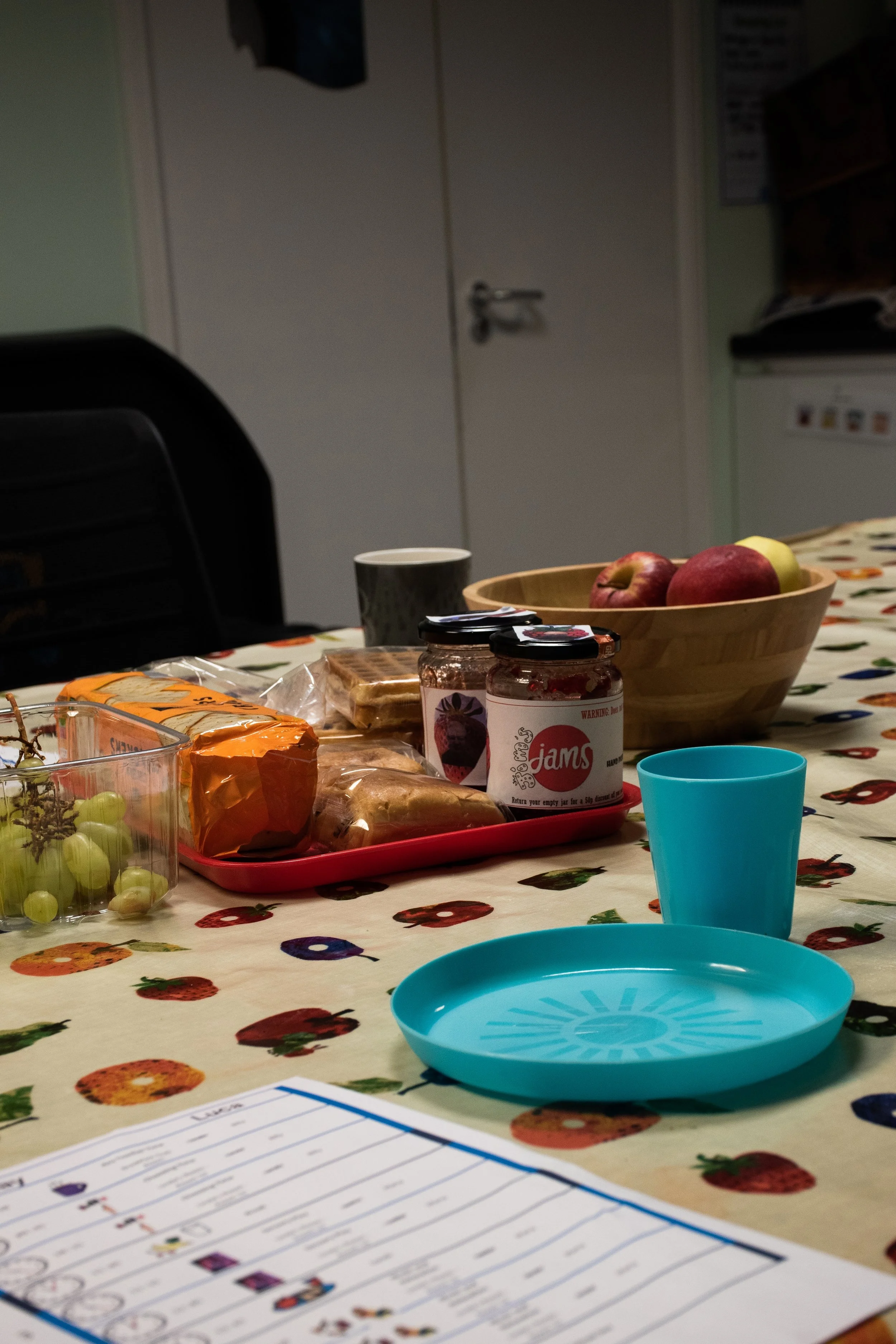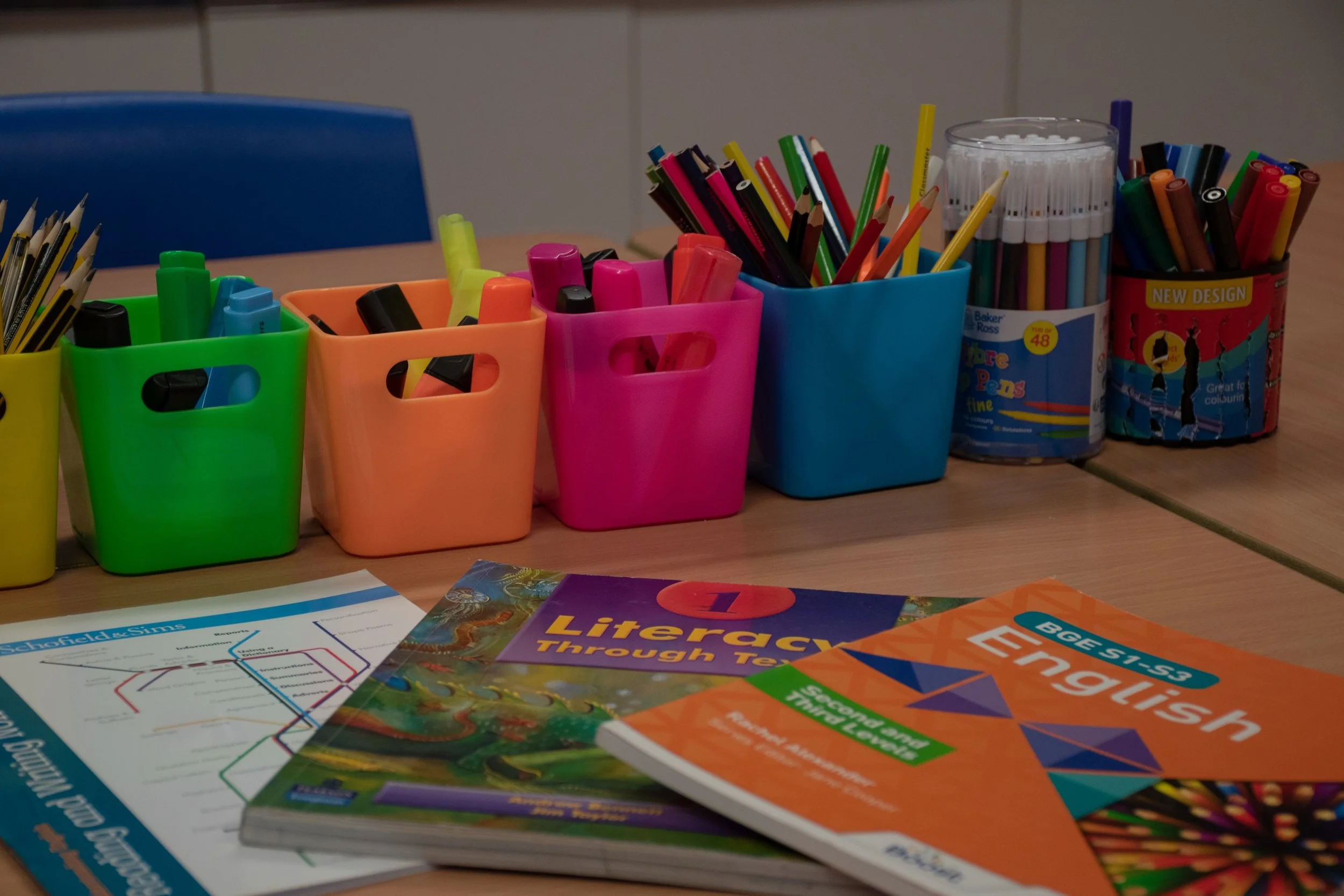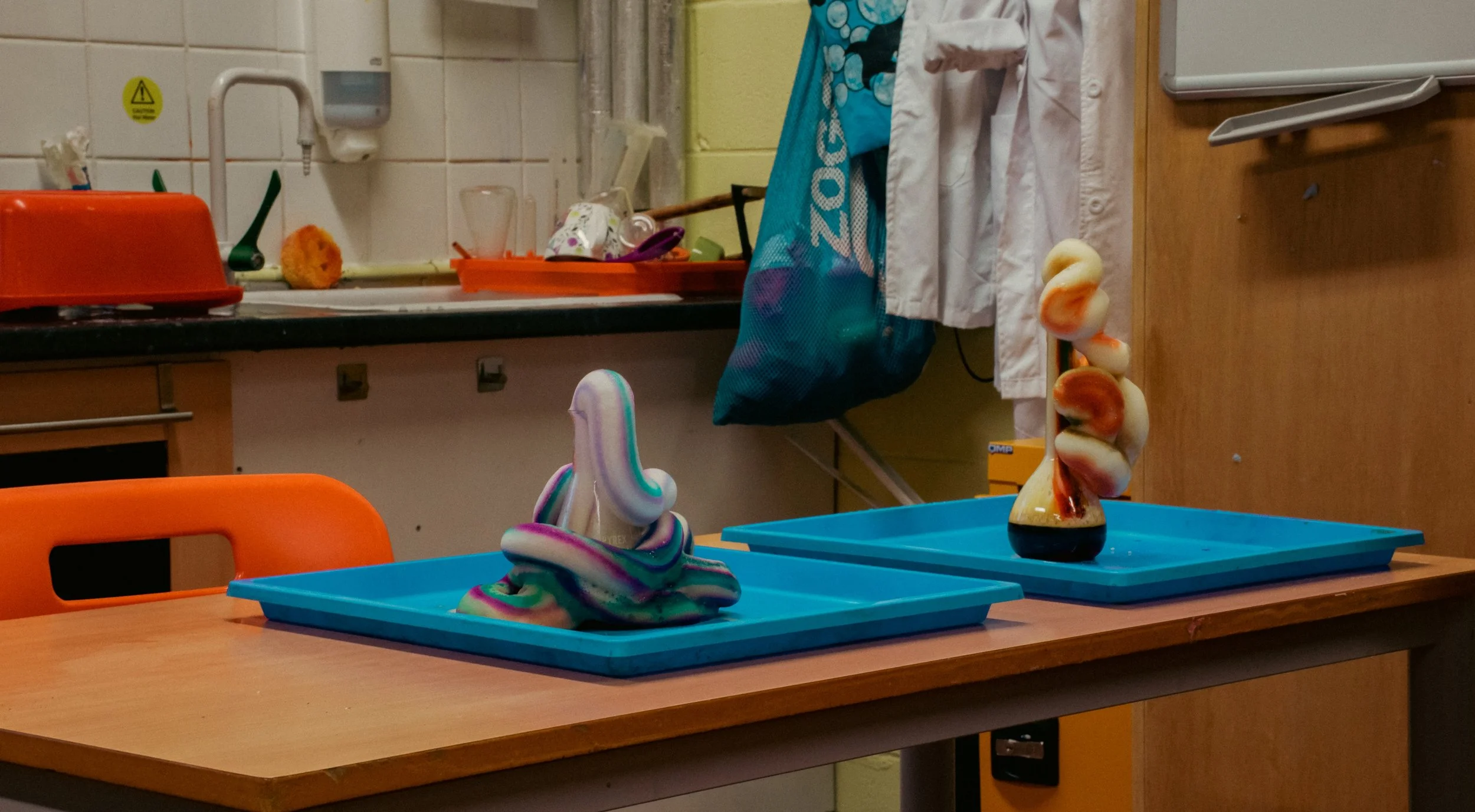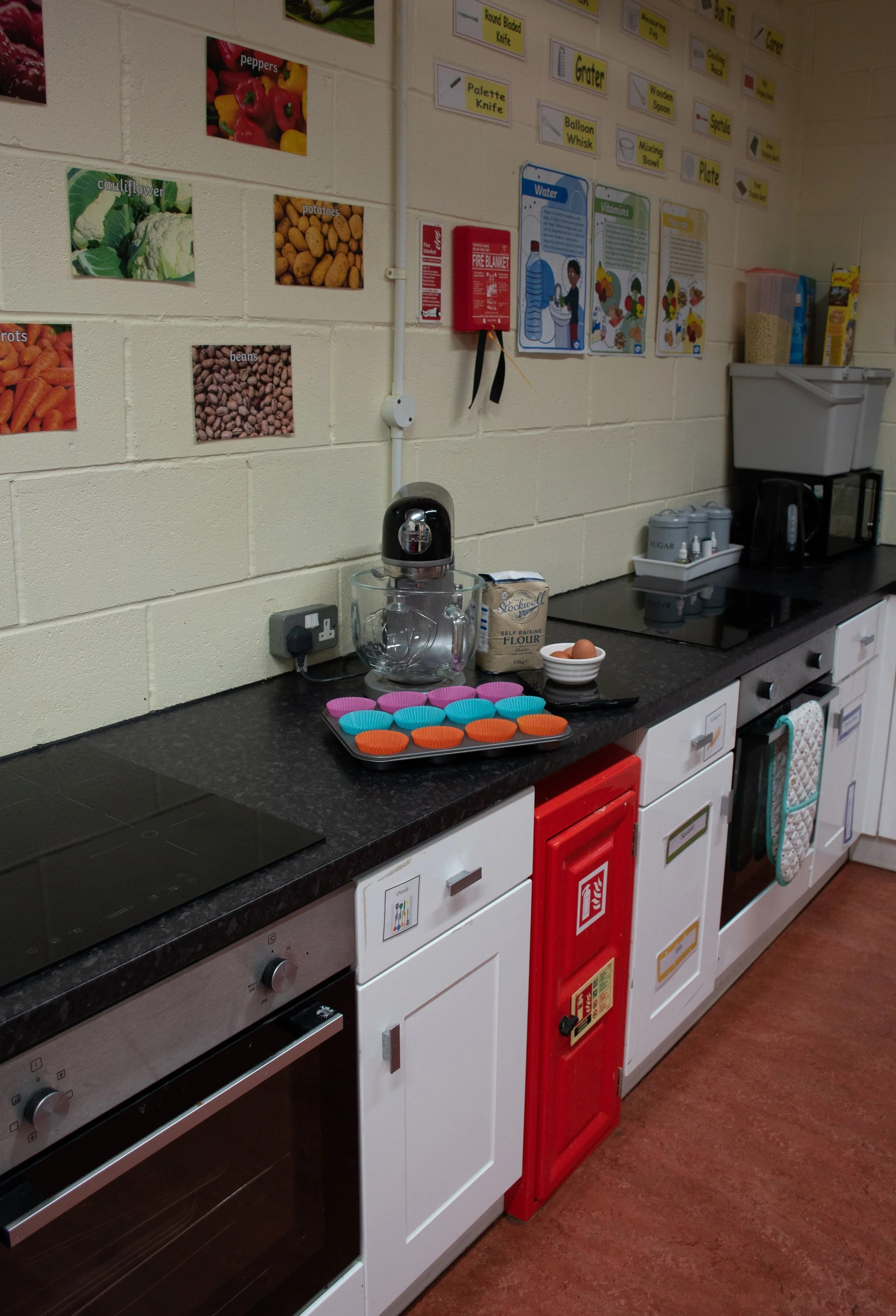Within our school at Starley Hall we embrace the Six Principles of Nurture. Our intention is to provide a safe and stable education provision where young people can be themselves, developing and maintain positive relationships with both adults and peers, and where all young people have opportunities to achieve and experience success. Our school can accomodate young people of both primary and secondary ages.
Children’s learning is understood developmentally
Many of our young people have experienced previously disrupted learning journeys. Their developmental stage and cognitive functioning may be younger than their chronological age, further impacted upon by significant gaps in their learning. They may exhibit features of developmental trauma and attachment issues, and some may have additional needs including autism, attention deficit hyperactivity disorder, and learning disabilities.
For many of our young people, an initial focus may be on their social and emotional needs, allowing opportunities for informal and contextual learning to help afford them experiences that they may have missed, including play. Depending on their specific profile of needs, this can continue as they progress in other areas in school.
We employ a range of tools, including Boxall Profiles, to help gather information on ‘where the young person is’, to inform planning their curriculum. We are responsive to the needs of young people, reducing demand if and when required, while retaining high aspirations for what they can achieve.
The importance of nurture for the development of wellbeing
We aim to celebrate all of our young people’s achievements in a manner in which they can receive and value. Many of these achievements are out with the traditional marker in success in school of achieving formal qualifications, although we can also offer these as young people progress through the Broad General Education to the Senior Phase in a range of subjects at National and Higher levels.
Safeguarding and wellbeing, for young people as well as adults, is an area of focus, as is ensuring everyone has a voice. We seek the views of our young people through a range of approaches, including Talking Mats, and have an active ‘Pupil Voice’ group that can represent and share ideas and suggestions for improvement at all levels.
All behaviour is communication
Within our school our aim is always to ‘look beyond the behaviour’ to identify and minimise triggers and identify strategies to support behaviours that might result from these triggers, where the focus is always on keeping people safe. All staff are trained in CALM. Many have completed Level 1 of DDP – Dyadic Developmental Psychotherapy – and we also provide onsite training on attachment, developmental trauma, and social communication needs.
Our school had been working towards the National Nurturing Schools Award (NNSA) through nurtureuk for a period of time, collating and sharing evidence of how we work with our children and young people, and how that we have adopted a nurture informed approach throughout all aspects of our education programme.
Following the assessment process just prior to our summer holidays, we successfully achieved this award!
Below are some of the comments received within our nurtureuk Assessment Report.
The classroom offers a safe base
The concept of the classroom offering safe bases extends to all areas of our school and site. Our young people need to feel safe in their placement, and environment, before they can access and experience positively in learning. Our classrooms are bright, warm and inviting, with space to take ‘time in’ if required, and where young people are involved in setting up zones and to help make areas homely.
Our young people each identify a ‘safe space’ – for some this may be their bedroom, for others this may be a specific space in school – that they can access if becoming distressed, and where staff can offer specific and individualised support.
Predictable, repetitive and consistent routine and structure is important for all of the young people in our school.
Language is a vital means of communication
We aim to develop our young people’s emotional literacy and use the Emotion Works programme in school. Being able to understand and express their own emotions helps our young people to better understand and process emotional responses from both peers and adults. Our young people have opportunities to talk with key staff, including therapeutic team staff, both informally and where a specific piece of work has been identified through our multi-disciplinary Focus Group meetings.
Our adults both role model and name feelings during and through co-regulation. Following challenging situations, we aim to involve young people in restorative and reflective discussions where possible, and in a way in which they can contribute.
The importance of transitions in children’s lives
Transitions planning for our young people takes place from the initial stages of referral leading into placement, and throughout all further stages. This includes getting to and from school each day, moving between lessons and activities, moving from adult to adult, and moving from one peer group to the next. Ensuring all transitions are well managed, supported and effectively communicated are key to minimising the impact on our young people.
We recognise that many of our young people find change difficult and can be easily overwhelmed, and we may use a range of visual support strategies, including social stories, to support them through these times, adopting a ‘now and next’ approach.
Download our school calendars for 2025 to 2026 and 2026 to 2027.
You are also welcome to download a copy of our ‘Learning and Teaching’ document for the 2025 to 2026 session.

